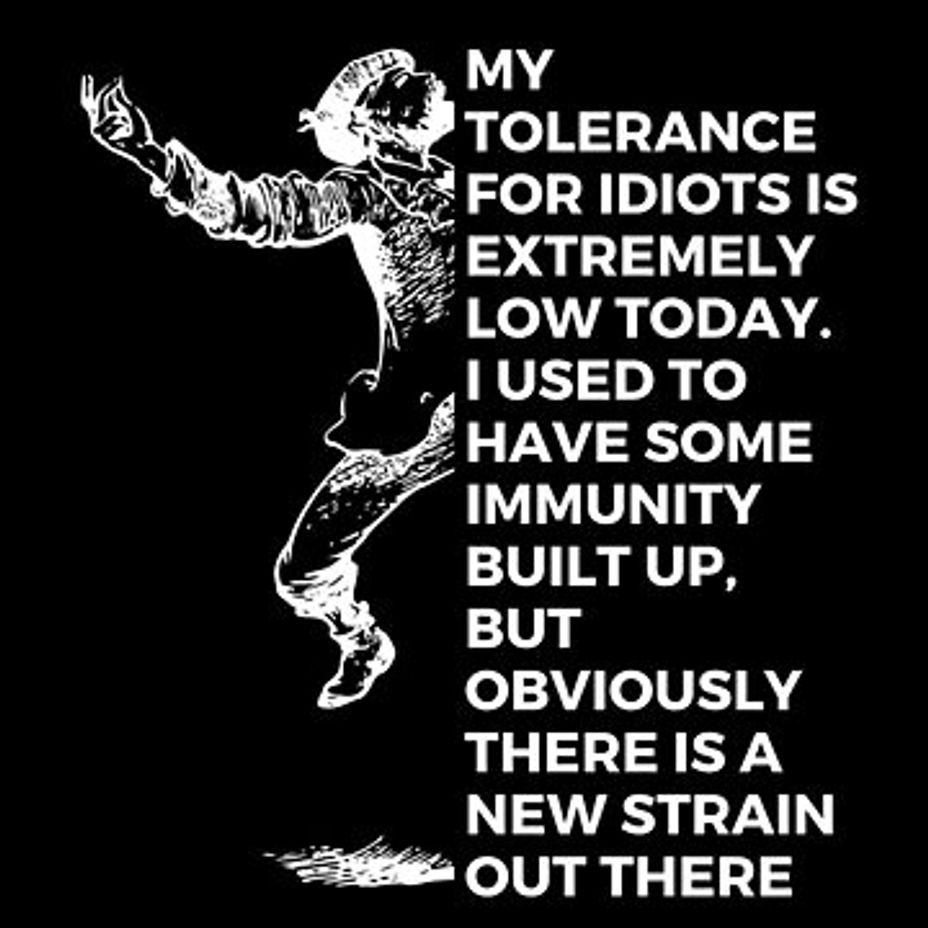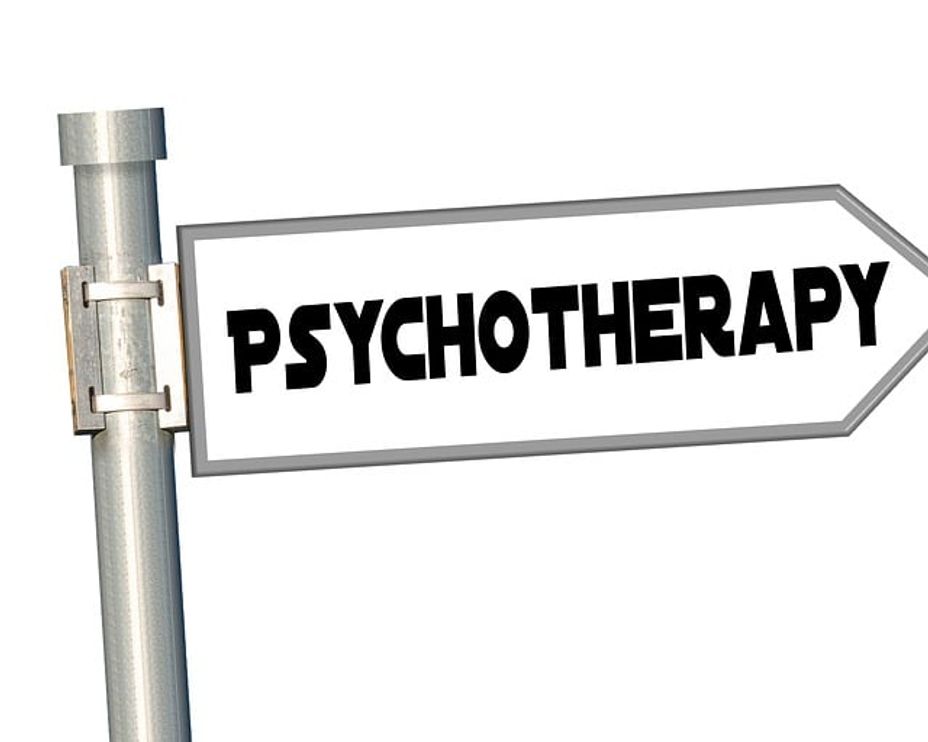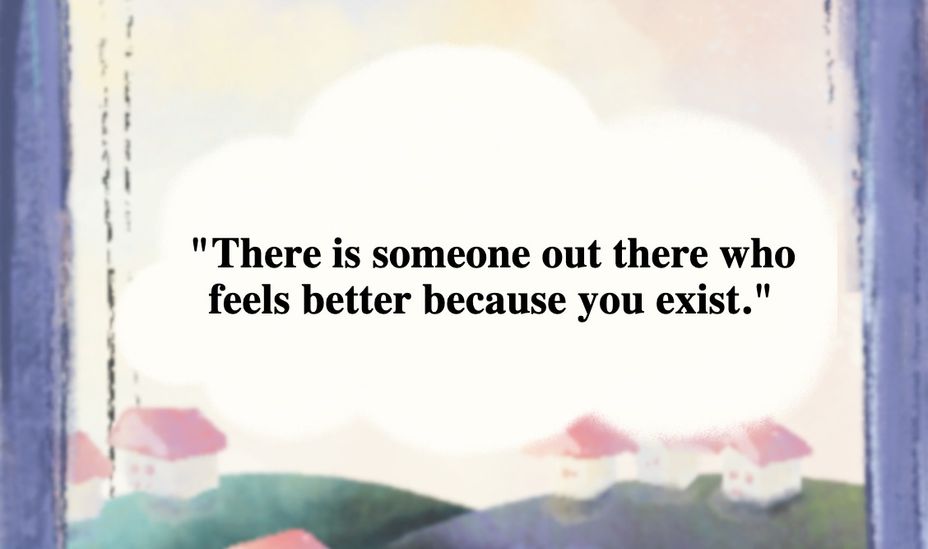If you are looking for a therapist, it's not always as simple as it seems to find good, seasoned, trained, and experienced therapists. The therapy field unfortunately in more recent years has become saturated with people who wish to be therapists, but who don't often wish to go through the training or time it takes to become a good therapist. It is unfortunate, because it is very hard for the general public to be able to discern between a well-trained experienced therapist, and someone who doesn't have the necessary training to appropriately do the work of providing therapy.
Here are some situations to be careful of:
Corporate "Therapy" -- Do your best to avoid the big corporations who advertise therapeutic conversation, no matter how little they charge. You'll recognize these by their plentiful social media ads and sometimes using known actors or athletes to advertise their corporation of online therapists. Articles have been published regarding these massive corporate groups of therapists, exposing the lack of ethics, sharing of client information, and not actually providing therapy at all in many cases. They provide someone to talk to, and the corporations want the "therapists" to respond according to their corporate business model -- NOT what makes the most sense for a healthy therapy model. If what you want is therapy, you most likely will not receive it in these settings, even if someone is assigned to communicate with you. (Search the internet for articles on these issues).
No Post-Graduate Credentials -- Believe it or not, graduate schools do not teach people how to be therapists/psychotherapists. Graduate schools teach the knowledge to start into the field of psychology, social work, school counseling, mental health counseling, etc. When I received my masters in social work, I thought that I must know enough to provide therapy, based on the field placements I had been doing in therapy and counseling at the time. However, I quickly realized that if I wanted to actually provide real therapy and offer effective interventions to treat complex emotional and psychological processes, post-graduate training wasn't just a good idea, it was really going to be essential. Being empathic, caring, and an attuned listener are necessary foundations for providing therapy -- however, these qualities don't make up for a lack of true education on practicing therapy. There is nothing in a graduate school curriculum that provides this type of education. Therefore, when searching for a therapist, if you want someone trained and experienced, ask them where they did their post-graduate psychotherapy training. For many, this will be at analytic institutes and will take several years of training. This is generally not something that can be accomplished in a weekend seminar or something of this variety. A word of caution that many, many therapists do not seek post-graduate training. This would undoubtedly impact the quality and potential of your therapy.
Group Practices -- While group practices in and of themselves aren't problematic, it's important if you want a seasoned and trained therapist that you verify who you're paired with in a group practice. Often, people will be referred to a group practice for either one of the therapists, or just because the referring source knows of the group. However, group practices often employ masters level therapists who have not completed their clinical licensing hours. Meaning, they are working under supervision of a clinical therapist, but don't yet have their own experience hours for their clinical licenses. If it is important to you to have a clinically licensed therapist (which is the level required for any therapist to be in private practice), then be sure you request this or verify this if you're going to see someone in a group practice.
"Life Coaches" (who don't also have therapy training) -- Life coaching for a number of reasons has always been a complicated field to understand, mainly because it is not regulated by anything. Anyone can call themselves a life coach, for any reason. You don't need a certificate or a degree for it. This has allowed a large number of people to attempt to mimic the work of therapy without having any background in therapy, or even in a related field to therapy. While many trained therapists will also offer life coaching in various areas of struggle (since this is related to work they are actually trained in), it is very different for a person with no training in therapy to try to offer counseling services or therapy-adjacent services. Always be sure to verify credentials.
#MentalHealth #Psychotherapy #psychotherapist #Therapy #Therapist




